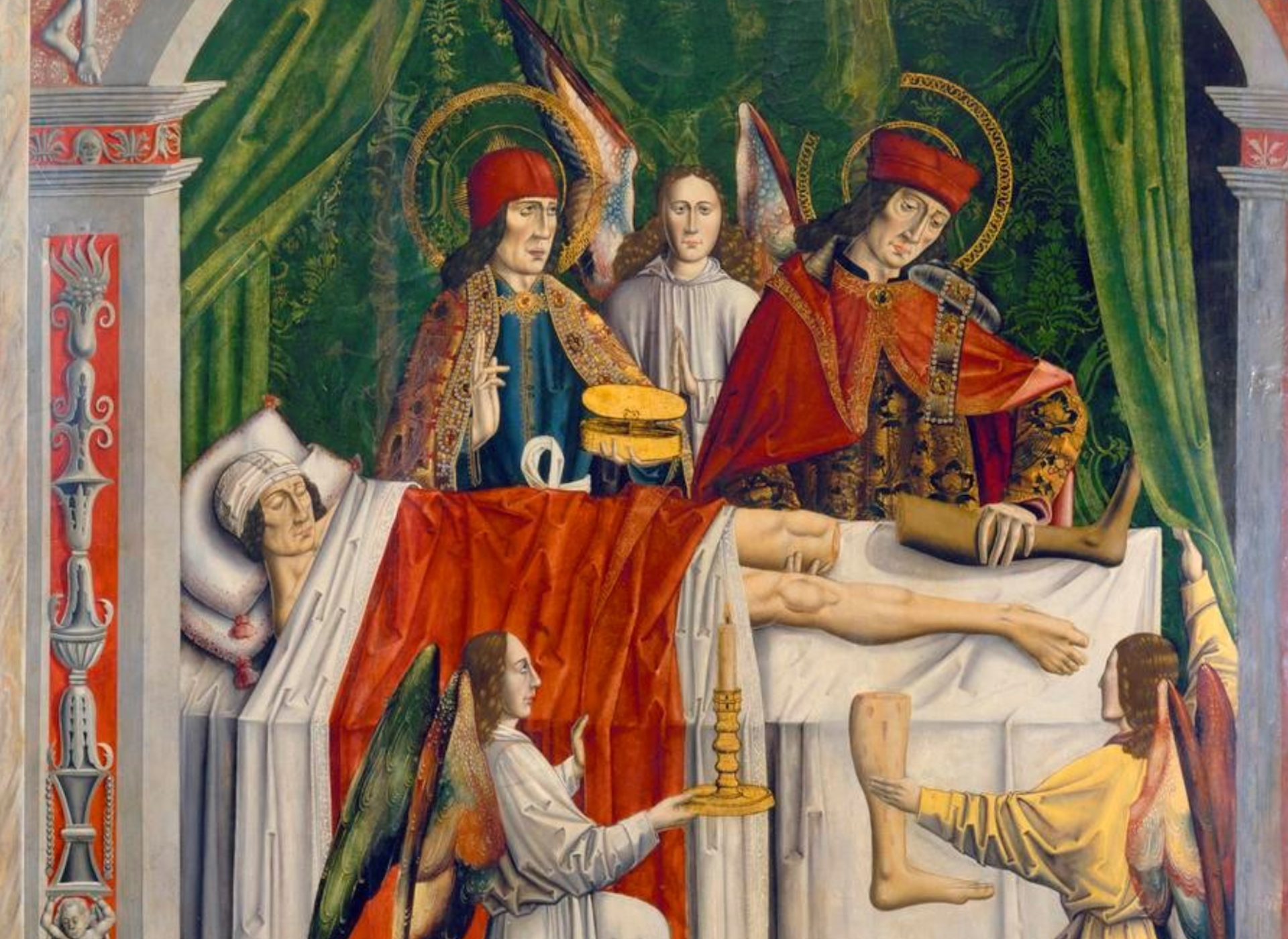
Tales from the ER #11
Do You Believe in Miracles?
Hospital administrators have always avoided the ER, and now they avoid it like the plague. But it’s not the blood and guts and COVID-19 that keep them away (and most of the time in the ER there aren’t body fluids flying around). Administrators stay away because on display 24/7 in the ER is the unvarnished harsh reality of life. To spend just a small amount of time in the ER would dissolve the carefully constructed, cut and dry narrative that fuels the batteries of hospital administrators.
It’s hard for administrators to preach, “Always validate patient concerns” when a 40-year-old woman and her 24-year-old son overdose on heroin together. After you bring them back to life with Narcan, they curse, “F*** you for ruining my high!”
It’s hard to say with a straight face, “Verbal de-escalation before chemical or physical restraints,” when a psychiatric patient rips the oxygen port out of the wall and starts eating the screws. When you tell her, “Stop it, that can’t taste good,” she responds with “Taste this!” and reaches into her pants and throws feces at you.
It’s hard to talk about billing for critical care time when mid-June a wave of kids check themselves in around noon, hungry for lunch since school is out for the summer. When you ask those kids where their parents are, they reply, “Away.”
It’s hard to wax poetic about “Shared decision-making” when a pregnant 16-year-old watches Tik Tok videos on her phone while arguing with her grandmother about having an abortion. It’s extremely hard to to say the hospital is a “Violence free zone” when the grandmother slaps her granddaughter across the face with an open hand, yelling, “Oh no you won’t! That child innocent, ain’t done nothing wrong to you. A baby’s a gift from God.”
Somewhere in their midwit minds, administrators know that they avoid the ER to avoid seeing society’s ills up close. This makes them feel relieved. I, however, pity the administrators. If you blind yourself to hell on earth, you also blind yourself to heaven.
Sure, administrators and their patient relations lackeys will make cringe videos about “medical miracles,” but they don’t understand the nature of true miracles because they’ve never seen one up close.
They’ve never seen a teenager suffer cardiac arrest from myocarditis. They’ve not shocked the patient themselves with electricity and waited for the heartbeat to return while their own heart sits in the pit of their stomach. They’ve only seen in movies when the heart tracing moves from a flat line to a steady up and down wave. They’ve not told the teen’s mother that her baby isn’t dead, but isn’t really alive either.
Administrators couldn’t stomach any of that. But it’s their loss, because they won’t get a letter six months later from that mother, saying her boy is out of rehab and starting to walk again. They won’t understand it’s a miracle even though he’s not talking yet, because his mother writes that when he smiles she can see in his eyes that her son is back. (In fact, patient relations passed on publicizing that story because the patient still couldn’t talk. It turns out that bittersweet is not sweet enough for the shallow minded.)
Some miracles contradict ‘science,’ and thus would cause such cognitive dissonance that the administrator’s head would explode. Only those (like the real Paracelsus) who know there is some mystic interplay between medicine and the spiritual realm feel comfortable witnessing miraculous events that they cannot explain.
Like when a mother rushed into the ER with her baby girl who was mottled and grey after taking a nap. We tried everything to revive the child but she was dead. We moved the body to a private room, I filled out the death certificate, and an hour later the medical examiner arrived with the baby-sized body bag. The next thing I saw was a nurse running back into the resuscitation bay with the baby screaming “She’s got a pulse!” We hooked the baby back up to the monitors again, intubated the child for the second time, and did an ultrasound of the heart. Sure enough, that heart was beating.
The medical student on shift asked me if I thought the adrenaline we had given previously just needed enough time to circulate before getting to the patient’s heart. I reminded him the half-life of adrenaline was 2 minutes, and it was over 60 minutes from the time of death. He must’ve been an atheist because he looked very disturbed.
Ultimately, the baby was admitted to the pediatric ICU and died two days later. I saw the ICU doc in the cafeteria one day and asked him about it. “Those two days gave the family time to say goodbye. The grandparents and their pastor drove in and they did a beautiful ceremony. It’s really a miraculous gift for parents to be able to spend just one extra second with their child on this earth.”
Administrators constantly tell us ER docs that we’re at-risk of “burnout” and that we should focus on “self-care” and “wellness.” The truth is, although I’m often cynical, I’ve never felt close to burnout. I’ve been blessed to see a few miracles, and those keep me going. Why stop when you could help make the next miracle happen?
